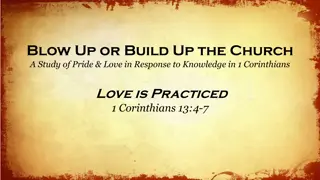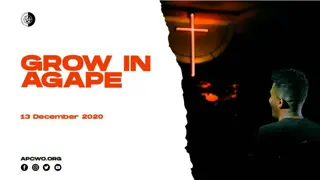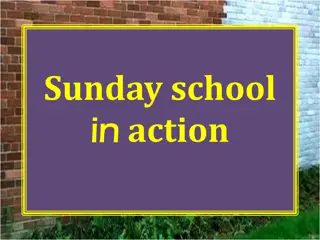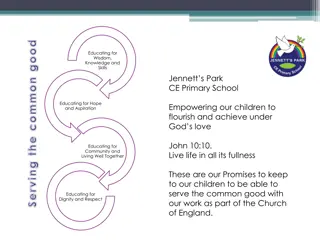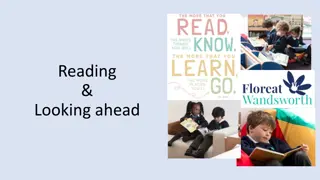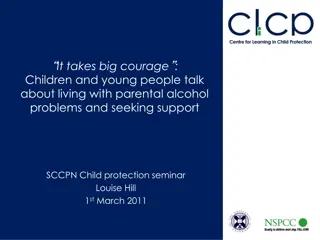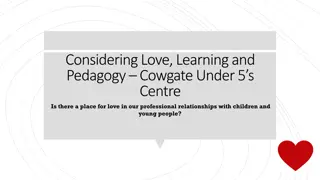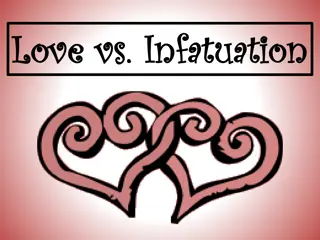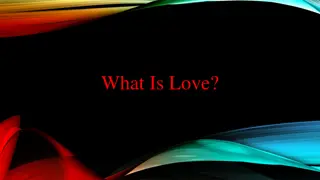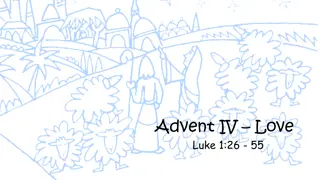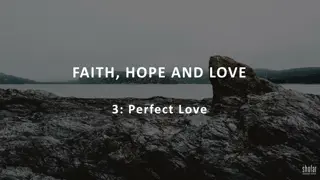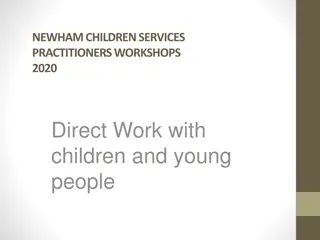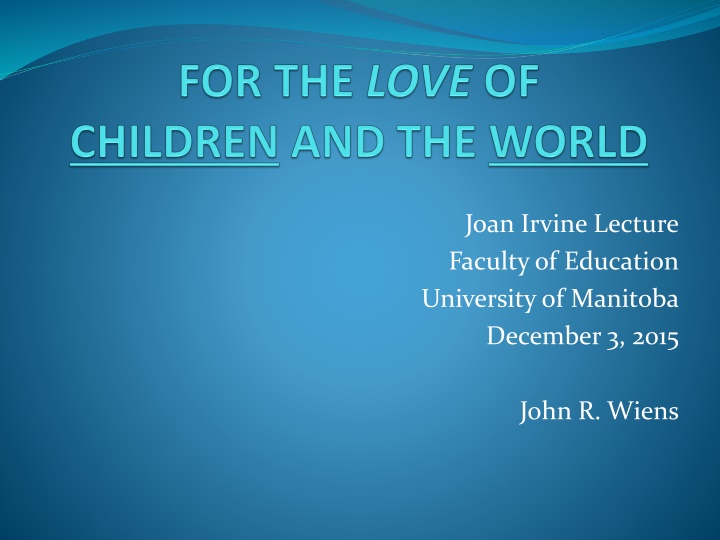
Joan Irvine Lecture: For the Love of Children and the World
Explore the profound thoughts shared during the Joan Irvine Lecture at the Faculty of Education, University of Manitoba. Delve into the importance of education in shaping human lives and the responsibility we have towards the world as expressed by notable figures like Hannah Arendt. Reflect on the essence of humility, thoughtfulness, and the transformative power of education in creating a meaningful existence.
Download Presentation

Please find below an Image/Link to download the presentation.
The content on the website is provided AS IS for your information and personal use only. It may not be sold, licensed, or shared on other websites without obtaining consent from the author. If you encounter any issues during the download, it is possible that the publisher has removed the file from their server.
You are allowed to download the files provided on this website for personal or commercial use, subject to the condition that they are used lawfully. All files are the property of their respective owners.
The content on the website is provided AS IS for your information and personal use only. It may not be sold, licensed, or shared on other websites without obtaining consent from the author.
E N D


